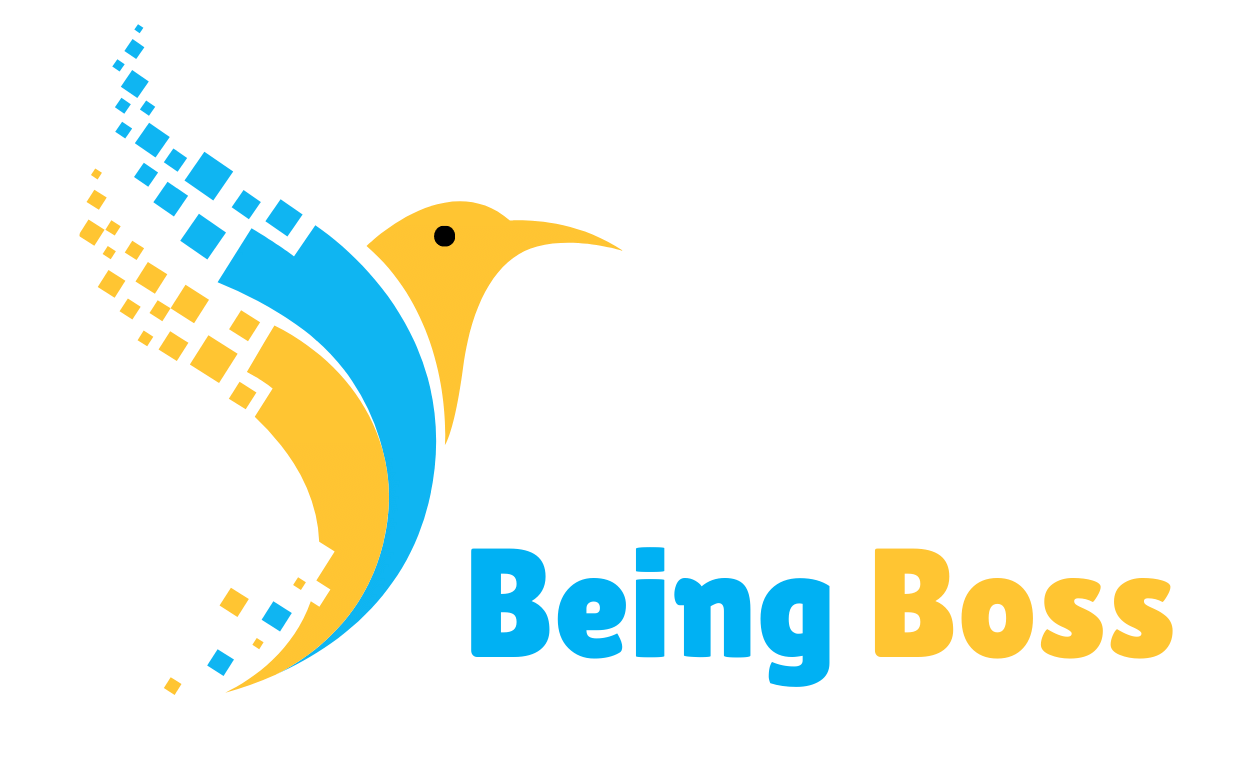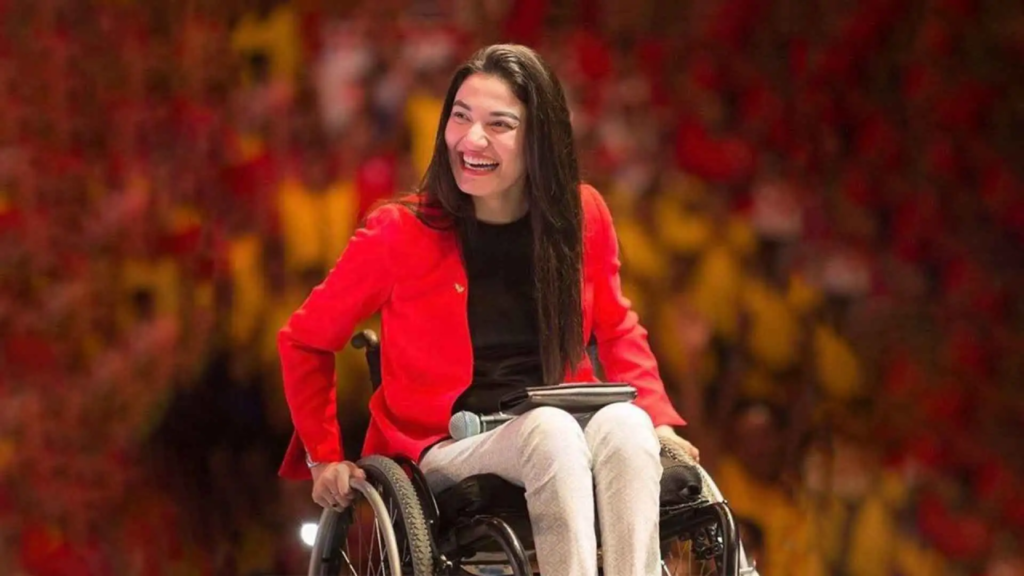Muniba Mzari, An image of Resilience | No one in the auditorium was unmoved by the story of their battle to overcome tremendous difficulties.
Table of Contents
NATIONS UNITED:
Muniba Mzari, An image of Resilience | Muniba Mazari, a wheelchair-bound Pakistani who supports accessible infrastructure for women worldwide, was a featured speaker at the United Nations women’s summit in New York. She suffered a fatal vehicle accident that left her paralyzed from the waist down, but she showed incredible bravery in reconstructing her life.The summit is scheduled to end on March 22,2019 after starting on March 11,2019.
Together, Ms. Mazari, 28,2019 and Mary Fatiya, a young South Sudanese woman who aspires to have access to cheap health care, inspired thousands of people in the gold-and-blue UN General Assembly hall with their speeches on gender equality and women’s rights.
No one in the auditorium was unmoved by the story of their battle to overcome tremendous difficulties.During the 63rd session of the UN Commission on the Status of Women (CSW), Ms. Mazari and Ms. Fatiya jointly requested that women and girls worldwide be granted access to fundamental social protection. “Women face unique problems. In her address to several thousand activists, diplomats, and academics, Ms. Mazari—who is also Pakistan’s Goodwill Ambassador at the UN—said, “Being in a wheelchair is the cherry on top.”
Car Crash:
Muniba Mzari, An image of Resilience | Muniba and her spouse were traveling from Quetta to Rahim Yar Khan on February 27, 2008.I was in an automobile accident six and a half years ago. I was on my way to Raheem Yar Khan, my hometown, from Balochistan. The car crashed into the ditch while the diver slept. She suffered multiple serious injuries in the collision that involved their car, including fractures to her arm (both ulna and radius), ribcage, shoulder blade, collarbone, and spine. Her liver and lungs were also severely injured. Ms. Mazari stated that she was referred to as the “iron woman” of Pakistan due to the excessive amount of titanium in her body, citing an automobile accident at the age of 21 that left her reliant on a wheelchair. Nonetheless, opportunity and accessibility are significant obstacles.
“More about me and less about my wheelchair” is how she describes her ideal future, where requesting accessible infrastructure is considered as her right rather than a favor. Ms. Fatiya, who recalls traveling great distances to a school with just two restrooms for about 600 students, stated that her perfect world would have strong infrastructure, access to healthcare, and a tranquil environment. She said, “I’m not asking for a luxurious road.” It’s my right, and I just need it. An experienced diplomat remarked, “I was deeply touched by the stories of these women of courage.” Since the commission’s founding in 1947, over 9,000 representatives of civil society organizations have attended its yearly meeting at the UN. The subject for this year is “sustainable infrastructure, public service access, and social protection systems for gender equality and the empowerment of all women and girls.” Muniba Mazari, the first female Goodwill Ambassador of Pakistan, actively participates in numerous social programs advocating for gender equality and women’s empowerment. Her objective is to raise awareness of gender discrimination, child abuse, and violence, as well as to advocate for children’s education.
BBC Inspirational Women:
One of two Pakistanis to be listed among the BBC’s 100 most inspirational women in 2015 was Muniba Mazari. She is the first wheelchair user employed by Pakistan Television and serves as an occasional anchor. Muniba was also included in Forbes’ 2016 list of “30 under 30” and is the first wheelchair-using model for the Toni & Guy hair salon chain in Pakistan. She started painting as a way to decompress following her injury nine years ago, which left her partially paralyzed and unable to move her hands while she lay in a hospital bed. She claims that painting was her lifeline.
Things Kept Her Alive:
During the course of these two years and two and a half months, I have been bedridden and have done nothing. Art was the only thing that kept me alive. The ability to convey oneself without using a single word is what makes painting such a magnificent medium. However, the day I use a wheelchair for the first time. I was someone entirely different. I clearly recall saying to myself, “You cannot wait for a miracle to come and make you walk,” as I looked in the mirror. Due to its high cost, you cannot wait for the sense of therapy. You cannot beg for pity while sobbing in the room’s corner. Since nobody has time, all I could do was accept myself as I am, and the sooner I did so, the better. I really want to become financially strong, so let’s become professionals, so I started looking for work. One of my close friends posted on Facebook that they were looking for a content writer, so I wrote, “I wish I could.” I was called for an interview, and after that, I was hired as one of the content writers for Pakistan’s first official websites, of which Salman Taseer (late) was the CEO. This marked the beginning of my professional career. As a result, I was steadily accumulating wealth, enjoying good content writing, and continuously showcasing my artwork in various galleries.
I was trying my hand at painting. Even though my life was simple, I wasn’t content since I was always thinking big and striving high. I had no idea how I was going to proceed. However, I am confident that I will one day accomplish something significant for the nation and its citizens.
I once came upon the picture from the polio campaign advertisement. The wheelchair-ridden young child from a severely impoverished home, his father weeping by him as he spoke to the world during the polio vaccination campaign. If not, they’ll start to resemble him. That advertisement gave me a heart attack. The way that boy was objectified as an album of sorrow, suffering, mercy, lifelessness, and nothingness has devastated me.Such an inaccurate image that was spotlighting media representations of people with impairments. That’s the name given to us.That was the day I made the decision to alter how others perceived me as someone who uses a wheelchair.
Pakistan’s first National Ambassador in Islamabad:
Ms. Mazari gained notoriety in November 2014 thanks to her inspirational speech given at an Islamabad event. She urged people not to give up on life in her address, which was full of hope. Her appeal cuts across generations and speaks for men, women, girls, and boys in Pakistan regarding issues of discrimination and gender inequality. Ms. Mazari, a Baloch, captured hearts and minds at the global body with her remarkable presence and eloquence, leaving a pindrop quiet in her wake.In December 2015, during a ceremony in Islamabad to commemorate the conclusion of the 16 Days of Activism against Gender-Based Violence, UN Women named Muniba Mazari, 28, as Pakistan’s first National Ambassador.
“I firmly believe that UN Women plays a crucial role in putting a stop to discrimination based on gender and advancing gender equality so that it becomes a reality for all.” At the ceremony, Ms. Mazari stated, “We must work together as a team to educate men and women in order to eradicate gender-based discrimination.”
Quotes:
“Some trials come to sort the life of people out. They break you, deform you and then transform you into the best version of you.”
“People who fight their battle with a smile on their face I call them warriors.”“You are the hero of your own life story; and Heroes never give up.”“You are the hero of your own life story; and Heroes never give up.”

